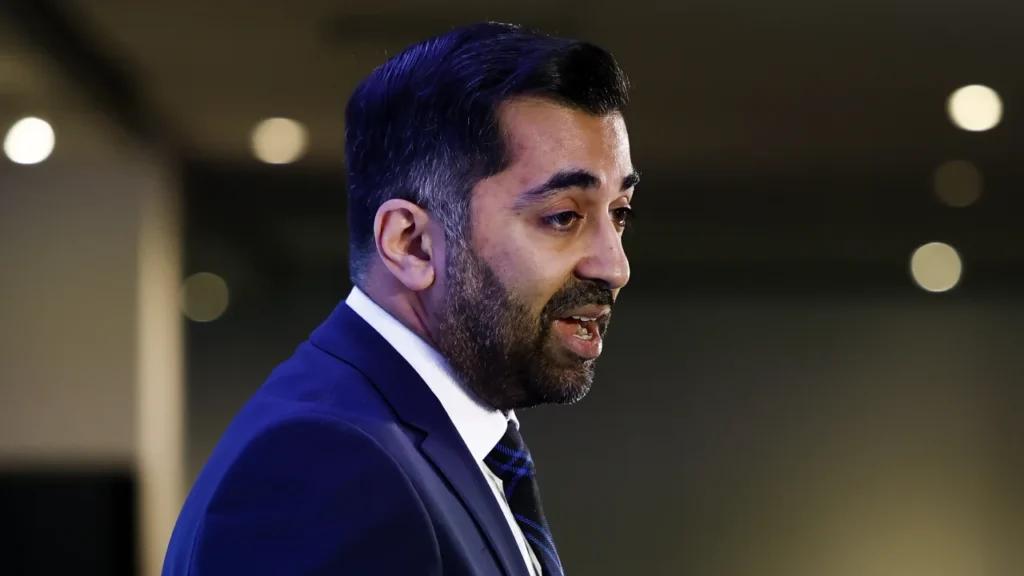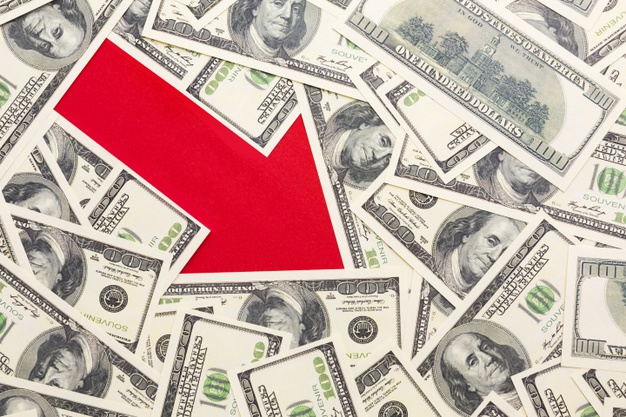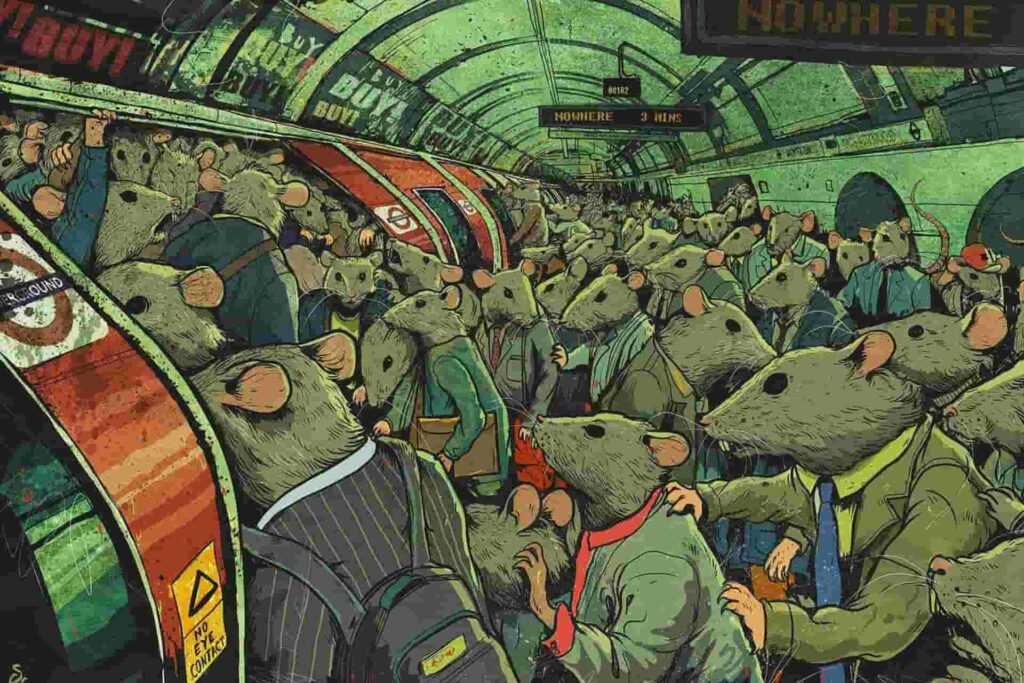Have you ever wondered how much money those actors in TV ads make? You know, the ones who seem to pop up in every other commercial, selling everything from yogurt to insurance. Are they rich and famous, or just struggling to pay the bills?
The answer is not so simple. Commercial actors are a diverse group of professionals who work under different contracts, rates, and conditions. Some of them are well-known celebrities who earn millions of dollars for a single spot, while others are unknown newcomers who barely make minimum wage.
In this blog post, we’ll explore the fascinating world of commercial acting and reveal some surprising facts about how much these actors get paid, how they land their gigs, and what challenges they face in their careers.
What is a commercial actor?
A commercial actor is someone who performs in advertisements for various products or services on TV, radio, online, or other media. Commercial actors can be either union or non-union, depending on whether they belong to a labor organization that negotiates their wages and working conditions.
The most prominent union for commercial actors in the US is SAG-AFTRA (Screen Actors Guild – American Federation of Television and Radio Artists), which represents over 160,000 performers and media professionals. SAG-AFTRA sets the minimum rates and standards for its members, as well as provides benefits such as health insurance, pension, and residuals (payments for repeated airings of a commercial).
Non-union actors, on the other hand, have no collective bargaining power and have to negotiate their own contracts and fees with each client. They also have to pay for their own expenses, such as travel, wardrobe, and taxes. Non-union actors typically work for lower rates than union actors, but they may have more flexibility and opportunities to work on different projects.
How much do commercial actors make?
The amount of money that commercial actors make depends on many factors, such as the type of commercial, the length of the spot, the number of markets where it airs, the popularity of the actor, and the terms of the contract.
According to Backstage, a leading platform for casting and career advice for actors, the national average salary for actors overall is $29,477 per year1. However, this figure includes all types of acting work, not just commercials. Commercial actors may earn more or less than this average depending on their individual circumstances.
One way to estimate how much a commercial actor makes is to look at the SAG-AFTRA rates2, which are the minimum amounts that union actors must be paid for their work. These rates vary based on the agreement in play and that depends on the type of production and the total budget (and sometimes the distribution plan). There are both daily and weekly scales with discounts usually on offer for weekly rates. In addition, different classes of performer will command different fees.
For example, according to Ambient Skies, a production company that specializes in commercials and documentaries:
- On camera principal talent (per spot): 8 hour week day: $671.69; 10 hour week day: $923.57 (2 hours overtime); 12 hour week day: $1,259.41 (4 hours overtime); 8 hour week-end/holiday $1,343.38 (double time)
- On camera tags (each tag): $198.22
- Extra Performers (per spot): 8 hour week day: $388.40; 10 hour week day: $534.95 (2 hours overtime); 12 hour week day: $777.80 (4 hours overtime); 8 hour week-end/holiday: $776.80 (double time)
These rates are only for one day of work and one airing of the commercial. If the commercial runs for longer than 13 weeks, the actor will receive additional payments called residuals2, which are calculated based on the number of times and places the commercial airs.
Non-union actors may make less than these rates or negotiate higher fees depending on their skills and experience. Some non-union actors may charge by the hour or by the project instead of by the spot.
Of course, not all commercial actors are unknowns or newcomers. Some of them are famous celebrities who can command much higher fees for their endorsements. For instance, according to ScoopWhoop, an Indian entertainment website:
- George Clooney, who charges between $40 million to $45 million for featuring in a commercial¹. He has endorsed brands like Nespresso, Omega, and Casamigos Tequila.
- Jennifer Aniston, who demands between $5 million to $10 million for each advertisement². She has promoted brands such as Aveeno, Smartwater, Emirates, and Living Proof.
- Reese Witherspoon, who is paid $4 million to $6 million for featuring in an advertisement³. She has endorsed brands such as Avon, Crate & Barrel, Quaker Oats, and Elizabeth Arden.
These are just some examples of the huge range of fees that commercial actors can make. However, it’s important to note that these fees are not pure profit for the actors. They have to pay taxes, commissions to their agents and managers, and other expenses related to their work. They also have to deal with the uncertainty and instability of the industry, as well as the competition and pressure from other actors.
How do commercial actors get their jobs?
Commercial actors get their jobs through various channels, such as auditions, referrals, self-submissions, or direct bookings.
Auditions are the most common way for commercial actors to showcase their talents and skills to potential clients. Auditions can be either in-person or online, depending on the preferences of the casting director and the availability of the actor. Auditions usually involve reading a script or performing a scenario related to the product or service being advertised.
Referrals are another way for commercial actors to get their jobs. Referrals can come from other actors, agents, managers, directors, producers, or anyone who has a connection or influence in the industry. Referrals can help actors get noticed by casting directors and clients who may not otherwise consider them.
Self-submissions are when commercial actors apply for jobs on their own, without the help of an agent or a manager. Self-submissions can be done through online platforms like Backstage, Project Casting, or Casting Networks, where actors can create profiles and browse through casting calls for various projects. Self-submissions can also be done through social media or personal websites, where actors can showcase their reels and portfolios.
Direct bookings are when commercial actors get hired without auditioning or submitting for a job. Direct bookings can happen when an actor has a strong reputation or relationship with a client or a casting director who trusts their abilities and suitability for a role. Direct bookings can also happen when an actor has a unique look or skill that matches the requirements of a job.
What are the challenges of being a commercial actor?
Being a commercial actor is not an easy career path. It involves many challenges and difficulties that require resilience and adaptability.
Some of the challenges of being a commercial actor are:
- Competition: Commercial acting is a highly competitive field that attracts thousands of hopefuls who want to make it big. Commercial actors have to constantly improve their skills and market themselves to stand out from the crowd and land more jobs.
- Rejection: Commercial acting is also a highly subjective field that depends on the preferences and opinions of clients and casting directors. Commercial actors have to face a lot of rejection and criticism that can affect their confidence and self-esteem.
- Uncertainty: Commercial acting is also a highly unpredictable field that offers no guarantees or stability. Commercial actors have to deal with irregular income, inconsistent work schedules, and changing market trends that can affect their opportunities and prospects.
- Ethics: Commercial acting is also a highly controversial field that involves ethical dilemmas and moral questions. Commercial actors have to decide whether they are comfortable endorsing products or services that they may not personally use or agree with. They also have to consider the social and environmental impacts of their work and how it affects their image and reputation.
Conclusion
Commercial acting is a fascinating and rewarding career choice for many actors who want to express their creativity and earn money from their passion. However, it is also a challenging and demanding career choice that requires hard work, dedication, and perseverance.
If you want to become a successful commercial actor, you need to:
- Train your skills and craft as an actor
- Build your network and reputation in the industry
- Find your niche and unique selling point as an actor
- Create your portfolio and reel as an actor
- Seek professional guidance and representation as an actor
- Apply for auditions and opportunities as an actor
- Be prepared for rejection and feedback as an actor
- Be flexible and adaptable as an actor
- Be ethical and responsible as an actor
We hope this blog post has given you some insight into the world of commercial acting and inspired you to pursue your dreams. If you have any questions or comments, please feel free to share them below. And if you need any help with your commercial acting career, don’t hesitate to contact us at Outranking, where we can help you write catchy blog titles, generate catchy headlines, optimize your content for SEO, and create engaging graphics for your blog posts. We are a team of experts who can help you grow your online presence and reach your target audience. Visit our website to learn more about our services and how we can help you achieve your goals. Thank you for reading and happy commercial acting! 🎬















































































Who is Sarah Huckabee Sanders?
vaibhav washniker